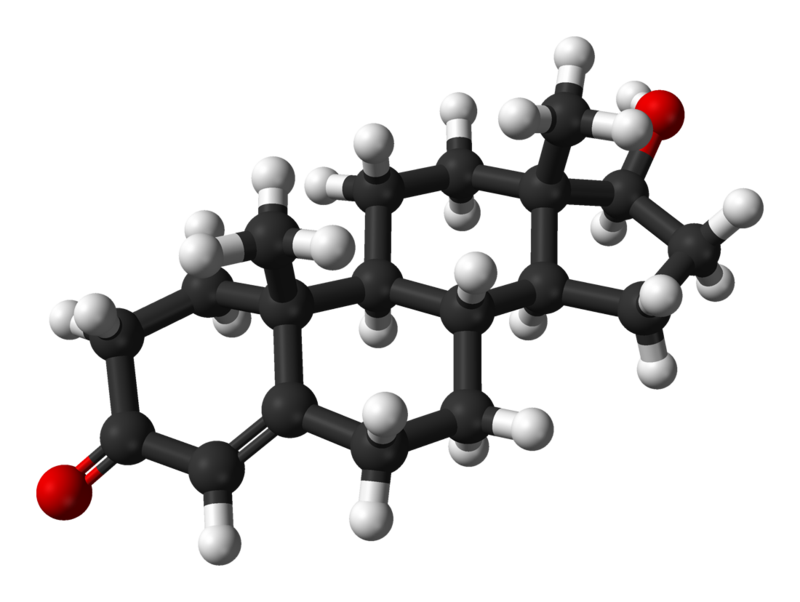
The androgen receptor is a key transcriptional factor for proper sex development, especially in males and the physiological balance of all the tissues that express this receptor. The androgen receptor is involved in several pathologies and syndromes, such as spinal and bulbar muscular atrophy or androgen insensitivity syndrome, for which there is no specific treatment. Regarded as the main initial and progression factor in prostate cancer, this receptor has been the main therapeutic target for the treatment against this disease for decades.
Now, a study published in Science Advances describes the structural and functional effects of mutations on the androgen receptor, as well as how these changes lead to the development of prostate cancer.
Point mutations in the androgen receptor
The human androgen receptor is a key protein in the development and functioning of the prostate in response to male hormones, such as testosterone. Point mutations in the androgen receptor – specifically, one amino acid swapped for another – are one of the main mechanisms than can lead to structural and functional alterations in the receptor, which result in the development of diseases.
The results of the University of Barcelona-led study show that the analysed mutations affect several functional regions of the union domain of the androgen receptor to testosterone. In particular, these are mutations that alter a region of the receptor which is the target for posttranscriptional modifications (that is, modifications in the protein once this is produced).
This type of chemical alterations affect specific amino acids of the androgen receptor and are executed by regulating proteins which are critical for the proper functioning of the receptor. If this receptor’s regulation pathway is altered, such as the case of the presence of mutations described by the team, its function is deregulated and it can be dysfunctional and cause pathologies.
“In our study, we experimentally checked that these mutations deregulate a specific mutation, known as arginine methylation, which is one of the posttranscriptional modifications, due to the structural changes these alterations produce in a functional area of the receptor. Also, we could observe that the deregulation of the androgen receptor methylation involves relevant changes in its function within the cell,” the team concludes.
Source: University of Barcelona

